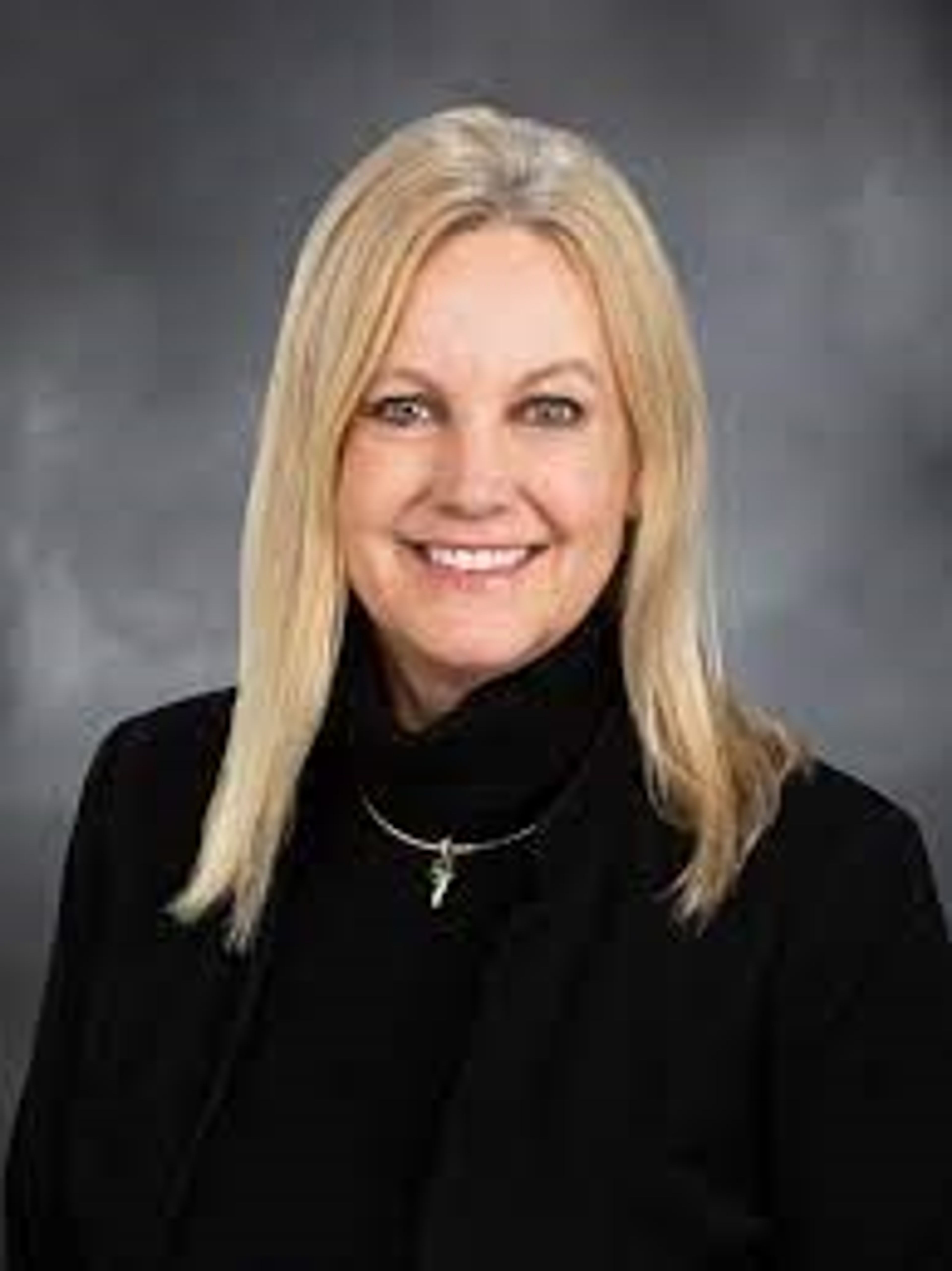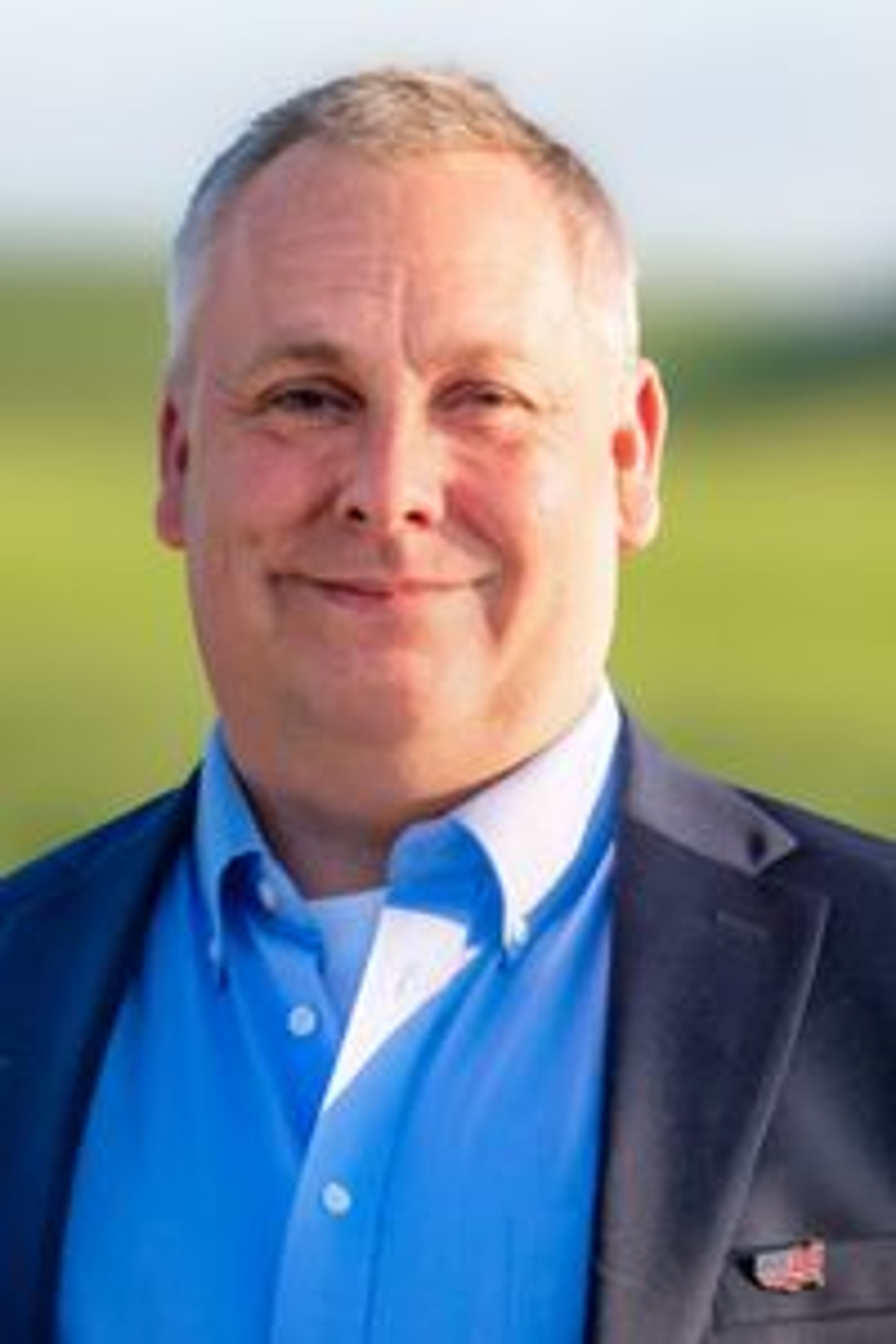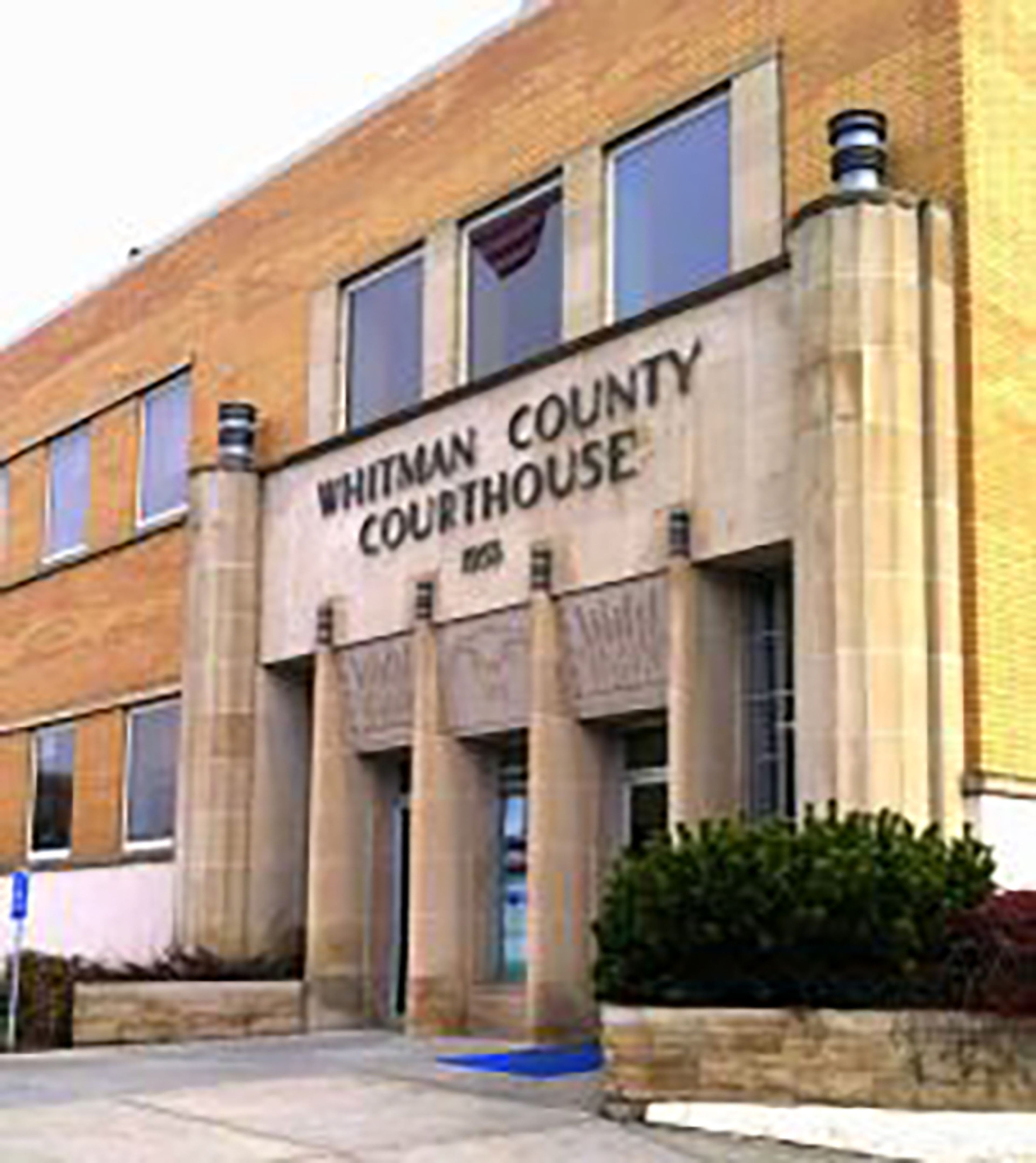District 9 candidates Mary Dye and Patrick Miller find common ground in debate at Neill Public Library
Both Rep. Mary Dye and challenger Patrick Miller want tobring a stronger rural voice to Washington state Legislature
Rep. Mary Dye and Patrick Miller agree on one thing: it’s hard to be a small town in Washington.
The competitors for Washington State House District 9 Position 1 both believe that rural communities in eastern Washington are underrepresented, and advocating for the region in the state legislature is their biggest priority.
The League of Women Voters of Pullman hosted a candidate forum at the Neill Public Library Friday evening. Contestants debated on the state’s most pressing issues in light of the upcoming November general election.
Incumbent Dye, R-Pomeroy, said she’s enjoyed working in the legislature for the past nine and a half years. Her priorities include supporting the agricultural economy, challenging climate initiatives she said disadvantage rural America and giving a voice to small communities.
This would be Miller’s first elected position, which he said could bring a fresh perspective to. The Democrat cybersecurity expert and firefighter from Cheney would focus on placing communities ahead of corporate interests, improving access to health care and education as well as giving the region a seat at the table in Olympia.
The hottest topic during the debate was climate change and environmental initiatives.
While many worry about global warming, Miller doesn’t think it’s a citizen’s issue. He said most issues are caused by large companies that profit off the damage climate change creates. The legislature needs to be pointing attention to corporations responsible for the harm it creates, he said.
Dye said climate change policy is an existential threat to people in the area. She believes the initiatives endanger Washington’s free-market economy that’s strong and robust. The real path forward, she said, is using resources like natural gas that are already available to prosper communities.
Big businesses buying up rural property for renewable energy projects is the fundamental concern of our time, Dye said. She thinks the process is exploitative and puts the American promise at risk.
It’s a long-held belief that families across the nation can build generational wealth by owning land, Dye said. Losing farmland to corporations destroys this dream, she said, and destabilizes the economy.
Miller agrees, adding that companies should not be allowed to take advantage of small communities. He thinks there must be more control over large businesses and predatory behaviors.
On the other hand, Miller said he also believes people have a right to do what they want with their own property. However, he said families shouldn’t be economically forced into decisions with substantial offers and should have a choice.
The issue of dam removal along the Snake and Columbia rivers to promote salmon recovery was also addressed. Dye said she’s fought her whole political life to save the dams, and thinks both sides can find a solution that doesn’t include tearing down the infrastructure.
She believes the dams provide resources for the state to be competitive in the country’s economy, and removing them would change the region forever.
Miller recognized the dams are federally owned and the state has a limited voice in outcomes. He thinks regardless of the decision, steps should be taken now to mitigate potential loss. New infrastructure will be needed to act as a backup for farming, travel and energy resources if the dams are ever taken out.
The candidates also touched on school funding. Both believe education is a priority and schools cannot continue to go underfunded. They think providing funding per student handicaps smaller communities that often need resources the most, and believe the state should reprioritize the education budget.
Miller believes closing the divide between eastern and western sides of Washington is key to becoming an even more prosperous state. He said he’d like a chance at representing the region, its concerns and desires.
Dye said eastern Washington is full of “salt of the earth people” that deserve to prosper. She plans to continue advocating for the region and agriculture that she believes is the state’s economic driver.
To view the full recording of the debate, visit the League of Women Voters’ YouTube channel at LWVPullman.
Emily Pearce can be reached at epearce@dnews.com.









